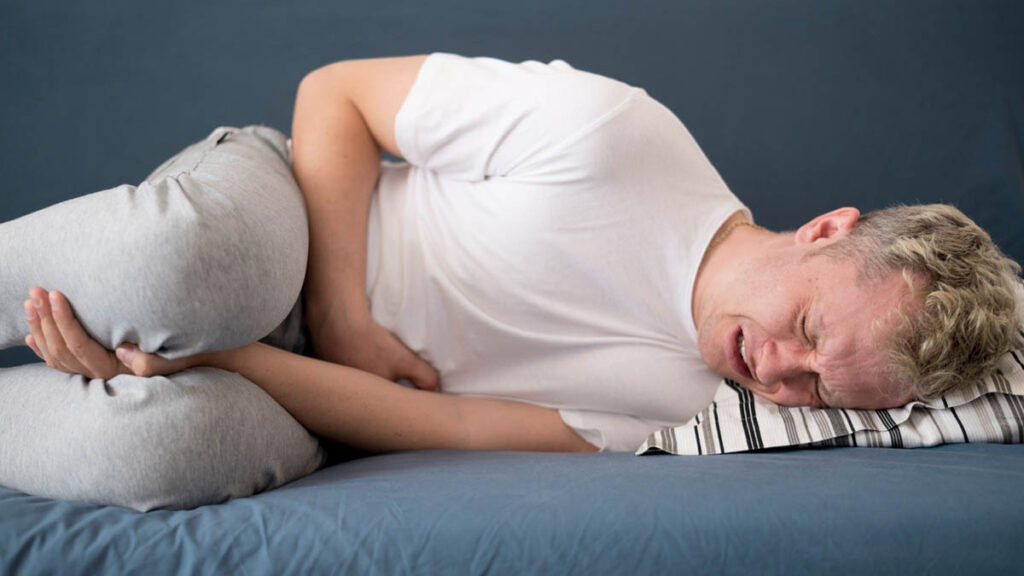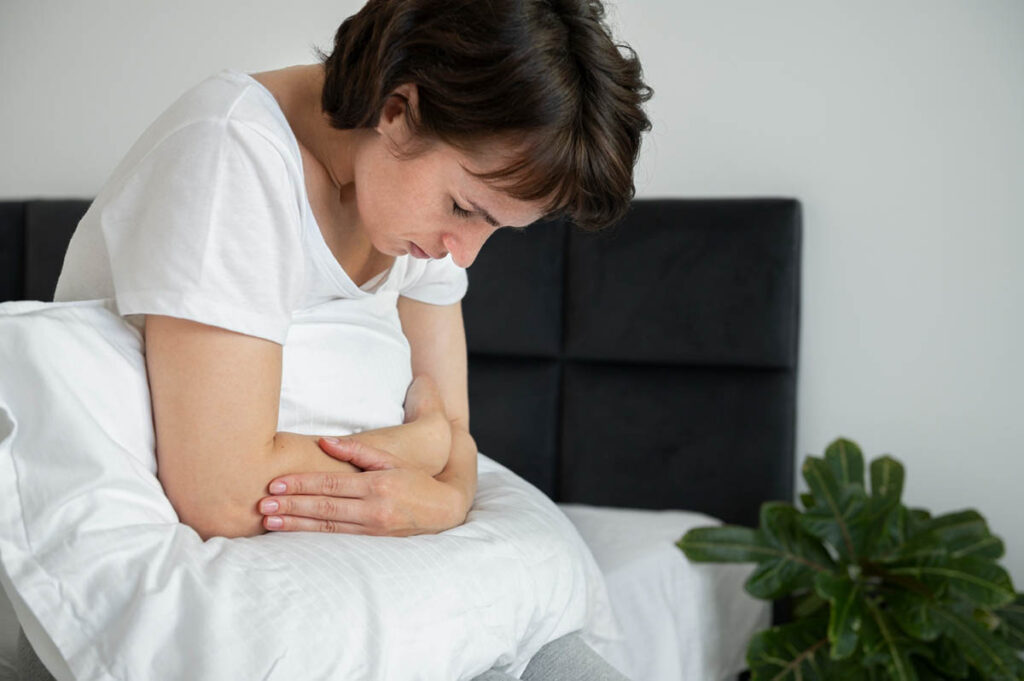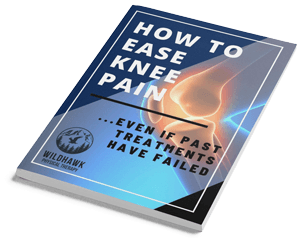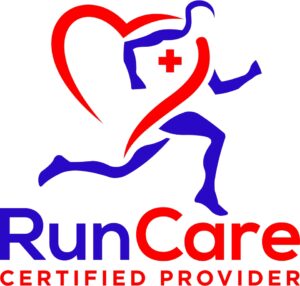
Introduction
Welcome to a comprehensive guide on a common yet often overlooked issue: pain with constipation. In this insightful blog post, we’ll delve into the causes, symptoms, management strategies, and relief options for individuals experiencing discomfort due to constipation. Whether you’re dealing with occasional bouts of constipation or it’s a persistent concern, understanding the underlying factors and adopting effective strategies can significantly improve your quality of life.
1. Understanding Constipation and Associated Pain
Constipation refers to infrequent bowel movements or difficulty passing stools. It can occur due to various reasons, including dietary factors, dehydration, lack of physical activity, certain medications, or underlying health conditions. When stools become hard and difficult to pass, they can cause discomfort or pain, ranging from mild to severe.
Constipation-related pain often manifests as abdominal discomfort, bloating, cramping, or a feeling of fullness. In some cases, individuals may experience sharp or stabbing pains, particularly during bowel movements. Understanding the relationship between constipation and pain is essential for effective management and relief.
2. Identifying Symptoms and Signs

Recognizing the symptoms and signs of constipation-related pain is crucial for early intervention and management. Common indicators include:
- Infrequent bowel movements (fewer than three times per week)
- Straining during bowel movements
- Hard or lumpy stools
- Feeling of incomplete evacuation after bowel movements
- Abdominal discomfort or pain
- Bloating and abdominal distension
- Rectal pain or bleeding (in severe cases)
Individuals experiencing constipation-related pain may also notice changes in their appetite, mood, and overall well-being. Paying attention to these symptoms and discussing them with a healthcare professional can help in accurately diagnosing and addressing the underlying cause of the pain.
3. Causes and Risk Factors
Constipation can arise from various factors, including:
Inadequate fiber intake: Diets low in fiber can contribute to constipation by reducing stool bulk and slowing bowel transit time.
Dehydration: Insufficient fluid intake can lead to hard and dry stools, making them difficult to pass.
Lack of physical activity: Sedentary lifestyles can affect bowel motility and contribute to constipation.
Medications: Certain medications, such as opioid pain relievers, antacids containing aluminum or calcium, and some antidepressants, can cause constipation as a side effect.
Underlying health conditions: Conditions such as irritable bowel syndrome (IBS), hypothyroidism, diabetes, or neurological disorders can predispose individuals to constipation.
Understanding the underlying causes and risk factors associated with constipation is essential for developing personalized management strategies. Addressing dietary habits, hydration levels, lifestyle factors, and any underlying medical conditions can help alleviate constipation-related pain and discomfort.
4. Management Strategies for Pain Relief

Managing constipation-related pain involves a multifaceted approach that addresses both symptoms and underlying causes. Here are some effective strategies:
Increase fiber intake: Incorporate fiber-rich foods such as fruits, vegetables, whole grains, and legumes into your diet to promote regular bowel movements and soften stools.
Stay hydrated: Drink an adequate amount of water throughout the day to maintain hydration and facilitate bowel movements.
Exercise regularly: Engage in regular physical activity to stimulate bowel motility and promote healthy digestion.
Consider over-the-counter remedies: Use laxatives or stool softeners under the guidance of a healthcare professional to relieve constipation temporarily.
Practice good bowel habits: Establish a regular bathroom routine, and avoid delaying or ignoring the urge to have a bowel movement.
Manage stress: Stress and anxiety can exacerbate constipation-related pain. Practice relaxation techniques such as deep breathing, meditation, or yoga to reduce stress levels.
Each individual may respond differently to various management strategies, so it’s essential to find what works best for you. Experimenting with dietary changes, hydration levels, physical activity, and stress management techniques can help identify effective approaches for managing constipation-related pain.
FAQ Section
Q: Can certain foods worsen constipation-related pain?
A: Yes, certain foods can exacerbate constipation, including processed foods, dairy products, red meat, and low-fiber foods. These foods can slow down digestion and lead to harder stools, making them more difficult to pass. Limiting these foods and focusing on a diet rich in fiber, fruits, vegetables, and whole grains can help alleviate constipation-related pain.
Q: When should I seek medical attention for constipation-related pain?
A: If constipation-related pain is severe, persistent, accompanied by other concerning symptoms such as rectal bleeding, unintended weight loss, or changes in bowel habits, it’s important to consult a healthcare professional for evaluation and appropriate management. Additionally, if constipation is chronic and significantly affecting your quality of life despite self-care measures, seeking medical attention is advisable. Prompt medical intervention can help identify any underlying conditions contributing to constipation and ensure timely treatment to alleviate pain and discomfort. Remember, it’s always better to err on the side of caution and seek professional medical advice if you’re unsure or concerned about your symptoms.
Q: Are there any lifestyle changes that can help prevent constipation-related pain?
A: Yes, making certain lifestyle changes can help prevent constipation and alleviate associated pain. These include maintaining a balanced diet rich in fiber, staying hydrated by drinking an adequate amount of water, engaging in regular physical activity to stimulate bowel motility, and managing stress levels through relaxation techniques such as deep breathing or meditation. Additionally, establishing regular bowel habits and avoiding delaying or ignoring the urge to have a bowel movement can promote healthy digestion and prevent constipation-related pain.
Q: Can constipation-related pain be a sign of a more serious underlying condition?
A: While constipation is often a benign condition, persistent or severe constipation-related pain can sometimes be a sign of a more serious underlying condition, such as intestinal obstruction, colorectal cancer, or neurological disorders affecting bowel function. If you experience persistent or worsening pain, along with other concerning symptoms such as rectal bleeding, unintended weight loss, or changes in bowel habits, it’s essential to seek medical evaluation to rule out any serious conditions and receive appropriate treatment.
Conclusion
In conclusion, pain with constipation can significantly impact daily life and overall well-being. By understanding the causes, symptoms, and management strategies outlined in this guide, individuals experiencing constipation-related pain can take proactive steps to find relief and improve their quality of life. Remember to prioritize a balanced diet, hydration, regular physical activity, and stress management to support optimal digestive health. If constipation-related pain persists or worsens despite self-care measures, don’t hesitate to seek guidance from a healthcare professional for personalized evaluation and treatment. Your comfort and well-being matter, and finding effective strategies for managing constipation-related pain is essential for your overall health and vitality. WildHawk Physical Therapy in Asheville, NC can provide expert guidance and treatment for pelvic health issues, ensuring you find relief and regain your quality of life. Our expert Doctors of Physical Therapy and Pelvic Health Specialists are trained to help you feel your best and get back to the quality of life you expect.








